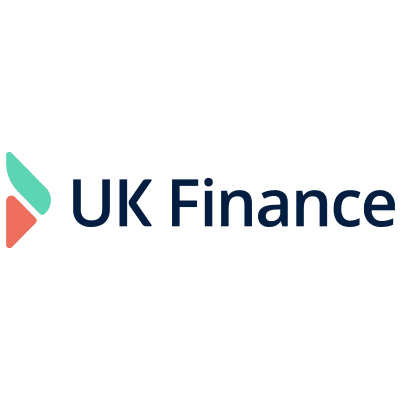Trade Finance
Trade finance is a solution that can take care of supplier payments, designed to make international business easier.
For exporters, trade finance provides security around payment for goods. For importers, it can help you negotiate better terms as you have the ability to pay for the goods upfront. Trade finance can also be used for domestic business.
International trade can be difficult. Exporters want payment (or at least security) before they ship goods. Importers want to shorten the gap between paying for goods and selling them on. Add on to that cultural, political and currency complications, and it can look very daunting indeed.
Fortunately, there are solutions available. ‘Trade finance’ is essentially an umbrella term that covers a range of products and services. Together, they are designed to make international business easier. Trade finance is also used for domestic trade, working in the same way.
How does Trade Finance work?
There’s no one-size-fits-all explanation, but the following example gives an overview. Our finance partners typically include an invoice finance option (factoring or discounting). This usually makes the service cheaper.
Let’s assume you are importing goods from South Korea for sale to your supermarket customer. Your supplier wants payment when the goods are shipped – a full four weeks before they arrive at your warehouse. Add on the 30+ days your customer takes to pay invoices and you could be out of pocket for a long time.
- Firstly, we’ll set-up a trade finance agreement with one of our hand-picked partners.
The funding partner will assess the deal and approve it. - The funding partner will issue an undertaking such as a letter of credit.
This gives assurance to the supplier that the goods will be paid for. - The seller ships the goods and invoices the funder.
- You receive the goods and sell them on to your customer.
You invoice your customer as usual. - As with normal invoice finance, the financier will provide an advance on the invoice to pay off the trade finance facility.
- Your customer pays the financier in full who will then forward the remainder of the invoice minus any pre-agreed fees.
Advantages and disadvantages of trade finance
If you’re looking into this as an option for your business, then you’ll also need to explore the pros and cons before you commit.
Advantages
Disadvantages
What are the costs of trade finance?
The main cost you’ll encounter is interest. The interest rates will vary between funders but can be anywhere from 1.25% to 3% per 30 days.
Rates can also vary depending on your supplier and/or buyer.
You may be able to take-out credit protection insurance too. This means that you won’t be liable if your customer doesn’t pay – the funder will. Because this is, obviously, an extra risk for the funder, it can be costly. However, many businesses feel it worth the expense when the possibility of non-payment is less a concern.
We’re happy to discuss your funding options – just complete our form or give us a call on 0207 001 9142.
Security
Trade finance does not usually require personal or business assets as security beyond the items of trade. Typically these deals are secured by:
- The Purchase Orders from the end customer
- Future payments from customers
- The invoices involved in the trade
- The goods themselves.
What businesses are suitable for trade finance?
Trade finance is suitable for a large range of import and export companies. Indeed, the World Trade Organisation estimates that 80-90% of global trade relies in this method of financing.
There are a few areas to consider, however:
Product Type
This type of financing is suitable for non-perishable, finished goods. It becomes harder to fund the deal if the goods might perish in transit. Similarly, if the goods require finishing or excessive packaging before resale, finance can be a challenge.
Track Record
Finance providers will usually be looking for a minimum of two years trading history. They will also likely expect to see evidence that both the buyer and seller have a track record of fulfilling orders.
Given the increased risk of international trade, finance providers will usually expect to see you are financially stable and profitable.
Compare trade finance options
As with anything when it comes to financing, it’s vital to compare all your options before making a decision. If you’re the distributor or importer of goods, trade finance is a great viable option but your business needs will differ slightly to a wholesaler so it’s crucial to find a funder that understands what you need and how you work.
Here at Touch we have a hand-picked panel of over 35 of the top funders in the country. After a conversation with one of our expert consultants, you’ll be matched with up to three funders who most appropriately suit your business needs.
We’re happy to discuss your funding options – just complete our form or give us a call on 0207 001 9142.
Alternative products
At Touch, we specialise in a wide range of finance solutions for business. Some which may be relevant here include:
- Purchase order finance is closely related and works in a similar way
- Supply chain finance is designed to cover the whole supply chain rather than just one end
- Invoice finance is very commonly used alongside trade finance
- Business loans – either secured loans (secured against property or business assets) or unsecured business loans.
Get in touch
Fill in our form to arrange a call back and discuss trade finance options for your business.





